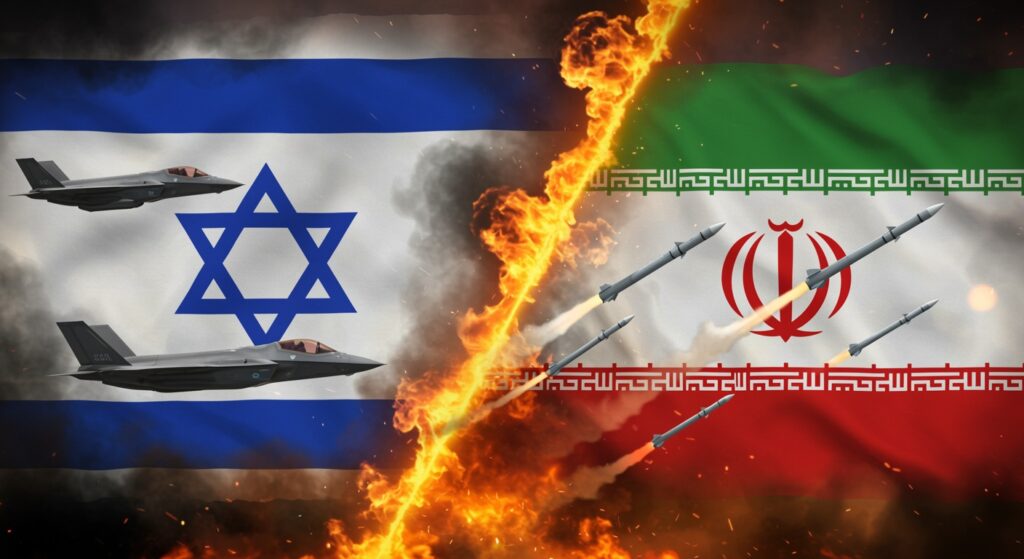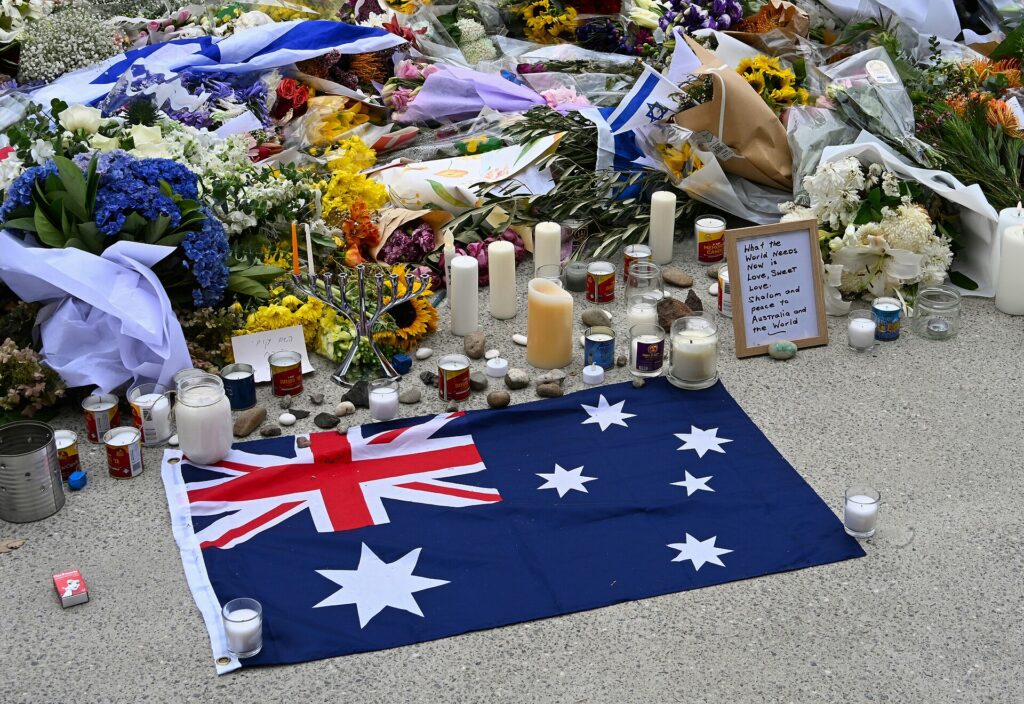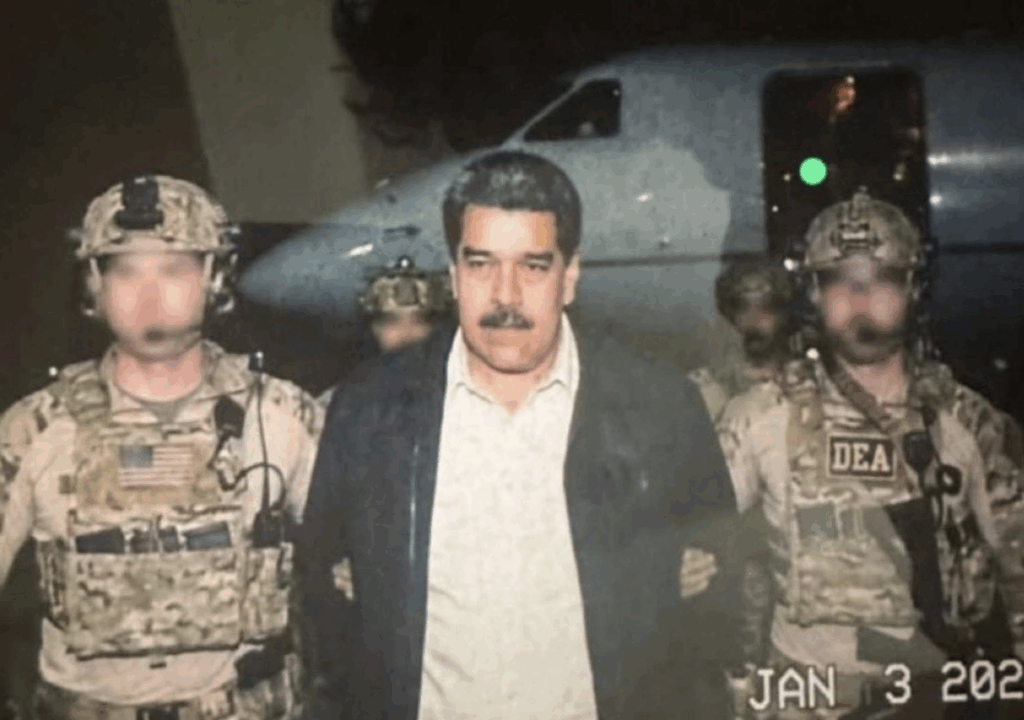IN THE MEDIA
Iran is rearming as its ‘Axis of Resistance’ regroups – can Israel stop an inevitable war?
November 20, 2025 | Oved Lobel

Jerusalem Post – 18 November 2025
Translating military victory into genuine strategic achievement is a notoriously difficult endeavor. Despite the severe blows suffered by the Iranian regime and its so-called “axis of resistance” over the last two years, the outcome has not been decisive; another escalation of the conflict on several fronts appears extremely likely in the near future.
Ansar Allah, the Islamic Revolutionary Guard Corps’ (IRGC) Yemeni appendage often referred to as the Houthis, remains intact and in charge despite intensive airstrikes and leadership decapitations since 2024. It has only temporarily halted its daily missile and drone attacks against Israel due to the tenuous Gaza ceasefire.
In Lebanon, notwithstanding the loss of its leadership and much of its rank-and-file and arsenal, Hezbollah is rapidly regenerating, even in the face of constant weapons interdictions by the new Syrian government and daily, intensifying Israeli strikes. The Lebanese government and Lebanese Armed Forces, for a host of political and logistical reasons, are structurally incapable of fulfilling their pledges to disarm the group.
Israeli intelligence officials recently told the Knesset Foreign Affairs and Defense Committee that Hezbollah is rearming more quickly than the IDF can bomb it. Foreign intelligence officials say that Iran’s supply lines to Lebanon via Iraq and Syria have been at least partially reestablished.
Hamas is reasserting control
Meanwhile, in Gaza, Hamas has fully and violently reasserted political and military control over the approximately 50% of the enclave from which the IDF has withdrawn. One month after the Trump administration’s 20-point plan was released, there has still been no concrete movement on the establishment or composition of the transitional technocratic Palestinian administration, the International Stabilization Force, or the Palestinian security forces meant to replace Hamas under the plan.
The multiple impasses to implementation, and thus to Hamas disarmament, are likely insurmountable, leaving a vacuum that the group has already filled. It is rearming, recruiting, and, in part through its renewed control of expanded humanitarian aid flows, regaining its financial footing.
In Iraq, the IRGC maintains political and military control over official state institutions. In April, just prior to the Israel-Iran 12-day war, some reports indicated that the IRGC had transferred newer ballistic missiles to its organs in the country. Regardless, they possess a significant drone and missile arsenal and fired hundreds of drones at Israel over 2023-2024, albeit to little effect.
The current elections in Iraq and the elections scheduled for May 2026 in Lebanon could, depending on the outcomes, alter the situation in both countries, but this remains a largely theoretical hope. IRGC organs have performed poorly in elections before and simply circumvented the results to preserve their power.
Only in Syria, with the fall of the Assad regime in December 2024, did the “axis of resistance” suffer a decisive blow, although this was mostly an inadvertent byproduct of Israel’s decimation of Hezbollah.
Iranian ballistic missile production
As for Iran itself, it is already reconstituting its ballistic missile production capacity. A mere three months after the 12-day war, satellite imagery showed the regime was quickly rebuilding sites targeted by Israel. The only seemingly missing elements were the planetary mixers used to produce solid fuel for missiles. These were a primary target, as the Israelis believed they were a critical bottleneck in Iran’s production capacity.
However, Israeli and US officials previously claimed in October 2024, following Operation Days of Repentance, that the destruction of 12 planetary mixers had crippled Iranian production. In fact, Iran reportedly increased production after the attack, suggesting it had quickly replaced the mixers with help from China. There’s no reason to think it hasn’t done the same again.
One recent analysis by Carl Parkin, a summer fellow at the James Martin Center for Nonproliferation Studies, calculates that, should Iran manage to acquire more planetary mixers and the relevant precursors for solid fuel, it has the casting pits necessary to produce more than 200 missiles a month.
European intelligence picked up shipments of 2,000 tons of sodium perchlorate, a key precursor in solid fuel production, from China beginning in late September, enough for about 500 missiles. A previous shipment of 1,000 metric tons from China reportedly arrived in Iran in mid-June.
Iranian Foreign Minister Abbas Araghchi recently declared, “Our missile power today far surpasses that of the 12-day war,” while Iranian officials reportedly told the International Crisis Group’s Ali Vaez that the missile factories were working 24 hours a day to enable Iranian salvos of 2,000 missiles at once so as to overwhelm Israeli air defenses.
Iran cannot be allowed to rebuild
Whether this is realistic given Israel’s continued intelligence penetration of Iran and network of agents on the ground, not to mention total aerial dominance and ability to hit launchers at will, is unclear.
What is clear is that the 12-day war severely depleted both Israeli and US interceptors. A recent analysis by Sam Lair of the James Martin Center for Nonproliferation Studies showed, “The United States blew through several years of production and around a quarter of its stockpile of THAAD interceptors” and “between a quarter and a third” of its existing SM-3 stockpile.
Israel’s Arrow interceptors were also reportedly nearly exhausted, according to some US officials. And that was only defending against approximately 500 missiles over 12 days. That amount fired in a single day, let alone four times that amount, would be catastrophic.
Regardless of what happens in Gaza, Lebanon, Yemen, or Iraq over the next year, Israel cannot allow Iran to rebuild its arsenal. The longer Jerusalem waits to strike again, the more danger Tehran’s retaliation could pose. Preparations for this all but inevitable war should begin now.
Oved Lobel is a policy analyst at the Australia/Israel & Jewish Affairs Council (AIJAC).





